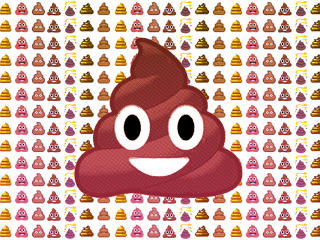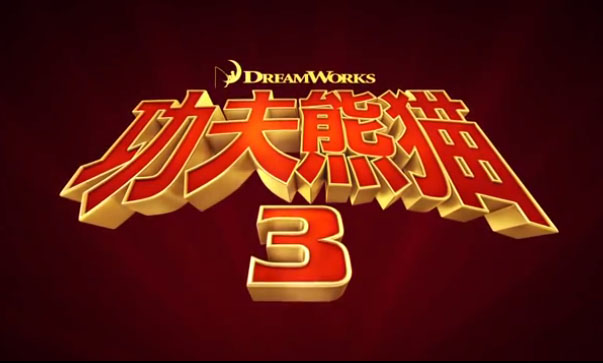💩 or “the poop emoji” is in my opinion one of the most bizarre facets of popular culture. It couldn’t have been written in a science fiction book, and no-one with a background in graphic design or technology could have predicted it. Why, how, did it become acceptable to talk 💩?
The first thing we must do is dissect the elements of 💩, particularly in it’s most common and archetypical form, the one gracing Apple’s iPhone. The term is vaguely Japanese, and sure enough, dates back to Japan in the late 90s. The word emoji comes from the terms “e” (meaning picture) and “moji” (meaning face or character.) Although it had nothing to do with the english term emotion, to most westerners the word just oozes likeability and expressiveness. The asiatic origin typical connotates ideas of technology, oddity and novelty. They’ve becomes the pop culture symbols they are in the US thanks to their primary importer, Apple on their iPhone. “😂” was named word of the year by Oxford Dictionary in 2015.
The next element of 💩 is what it represents, human waste. Human waste is an almost universal taboo among all humans, it looks and smells unpleasant, and it spreads diseases. In most of the civilized world the practice is to dispose of it in a safe place, flush it away, and never look at it or discuss it. In places of the world where this is not the case, such as a recent epidemic in lower class India of public toiletry, authorities try to fix the problem as fast as possible. Famous contemporary thinker Slavoj Zizek has given speeches about how the difference between American/ British, German and French toilets, particularly the direction in which the poop is flushed, represents the countries’ relationships with their unpleasant thoughts.
The last element of 💩, is it’s cuteness, and iconic look. While the windows one I am typing with right now is fairly standard and realistic, almost every other variation, particularly the famous Apple one, are known for their exaggerated unrealistic shape, cute mouth and eyes. This might be the secret to the symbol’s success. The enlarged eyes and mouth give 💩 a personality, and like most things with “cute” eyes, might be triggering our mechanisms for protecting children.
When 💩 entered Japan’s tech lexicon in the late 1999, it was based off of a pun. The word for poop “unko”, sounds much like the word for luck “oon”, and 💩 was meant to be used as a snarky shorthand for fortune. The country also has a history in pop culture of ironic appreciation for poop, from golden poop shaped good luck charms, to chocolates.
The US has no such connotation though, and the history of how it became acceptable is rather interesting. When Google first encoded emojis (they were still deciding on whether they should keep the “weird japanese name”), people were often offended by the presence of feces in their gmail. But still, they were trying to appeal to foreign markets and the symbol stayed.
It might have just stayed an obscure symbol in Google’s lexicon if it hadn’t been adopted by Apple, and almost overnight, it became never acceptable to talk with feces, to definitely acceptable to talk with feces. There were few or little controversies after its release, and in American malls you can buy 💩 t-shirts, and 💩 plushies. Fan-art lines of 💩 the internet. (And not just that kind of art.) Almost every major tech company has a variation of 💩. (The one on the Samsung Galaxy just might be my favorite, with its upturned, contemplative eyes reminiscent of Michelangelo’s David. Also with a hint of contempt.)
What can explain the sudden explosion of 💩? One could argue the biggest reason our visual language changed like it did, is that it was endorsed by a big company we had grown to trust with our communication, technology, information, photos. If it had been only an obscure tech company, or it had stayed in Japan we would have laughed at it’s foreign weird-ness, but with 💩 being spooned to us by one of our most trusted tech suppliers, we had no choice but to take it as one of our own.









